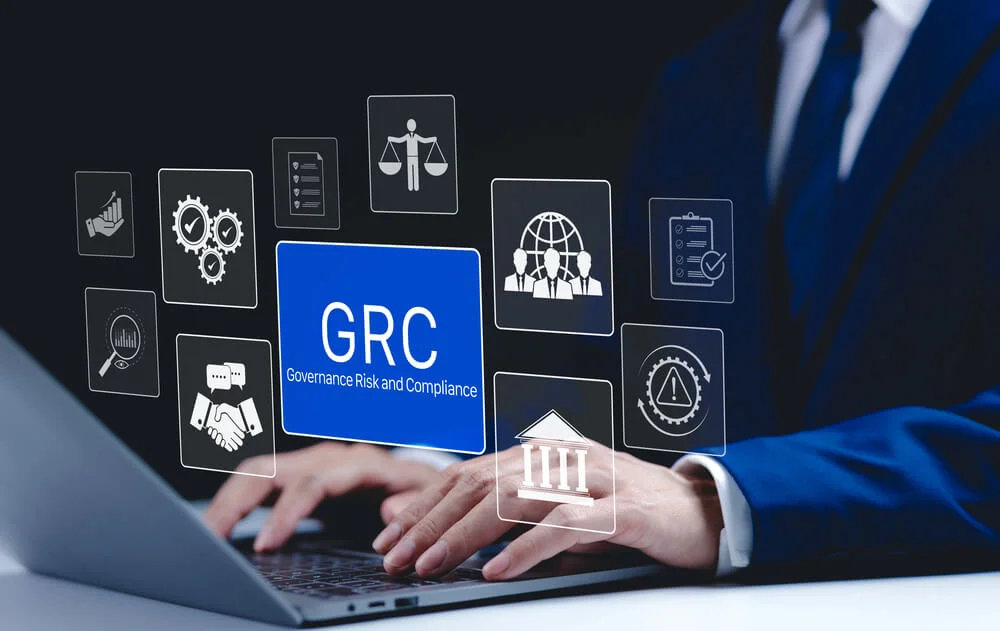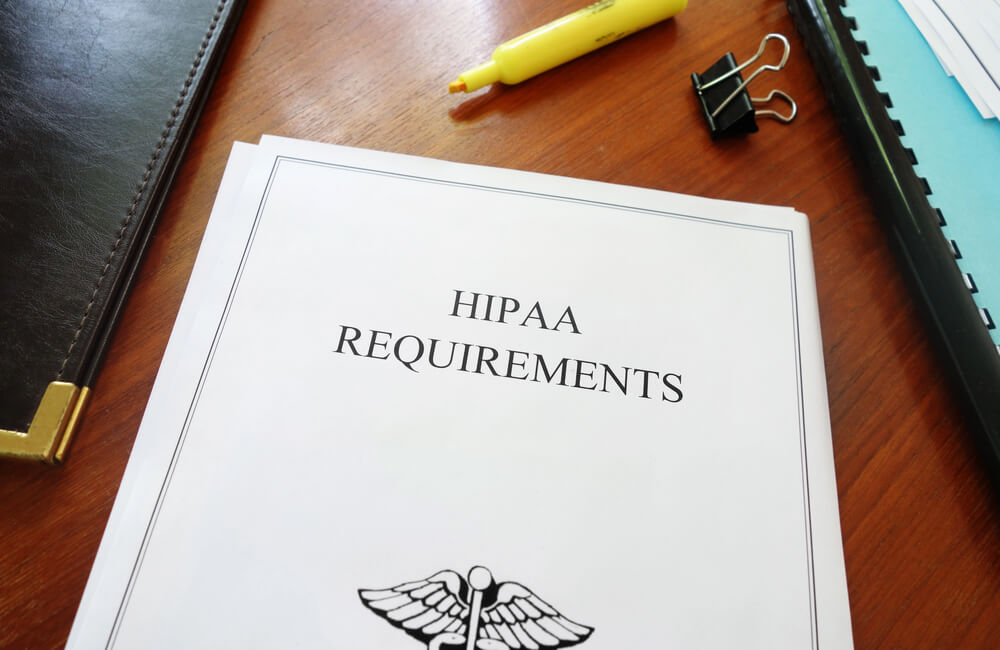In the United States, almost 80% of consumers have a credit card, and over 90% of Americans use either credit cards or debit cards for purchases. Considering how many people opt to pay with a card (or mobile app), it’s no surprise that over 10 million businesses in the U.S. accept credit cards. With these increased sales opportunities come a few responsibilities, such as Payment Card Industry Data Security Standards. What are the benefits of PCI DSS compliance for your business, and how can you simplify the process?
What Is PCI DSS Compliance?

Before touching on PCI DSS benefits, it’s important to understand what these standards involve. In a nutshell, PCI DSS compliance means following good data security practices when handling credit card information. There are 12 major compliance categories, including:
- Firewalls and anti-malware software
- Secure protection for stored cardholder data
- Point-to-point encryption
- Physical and network access control measures
- Security system tests
- Network logging
The level of data security your business needs for validation depends on its size, operations, and transaction volume.
Why Is PCI DSS Important for Your Business?
Put simply, any business that wants to create a merchant account and accept credit cards (or card-not-present app payments) must be PCI DSS compliant. There’s no way around it. These requirements represent the payment industry’s best data security practices, and they apply whether you run a small business, national brand, physical store or e-commerce website.
What Are the Benefits of PCI DSS Compliance?
Even though PCI DSS is an obligation for merchants, that’s not the only reason your business should stay compliant. In reality, PCI DSS compliance is just as good for your company as it is for credit card issuers. True, compliance requires investing time, money and effort, but meeting the leading financial security standard offers many benefits.
1. Lower Your Risk of Data Breaches
The main goal of compliance with the PCI DSS is a lower risk of data breaches. An eye-opening PCI compliance report from Verizon found that data breaches were 50% more likely when businesses didn’t follow PCI DSS standards. Additionally, the report found that in every case of data breaches, none of the affected companies were PCI DSS compliant.
Sadly, only about 43% of organizations have a sustainable control environment in place. Why don’t more businesses implement PCI DSS to protect themselves? Some feel overwhelmed by the process or view maintaining compliance as too complicated.
This doesn’t need to be the case for your business. PCI DSS compliance is achievable for organizations of every size. Using an information security and compliance automation platform such as Compyl makes it easier (and more cost-effective) to meet data security requirements and stay compliant.
2. Inspire Trust

These days, nearly everyone thinks about data security. Consumers want to know their personal data and payment information is safe. Business clients look at credit card safety and cybersecurity as critical signs of a trustworthy supplier. Rigorous data security controls put clients at ease and make your business an attractive option for products of every kind.
On the other hand, data breaches swiftly undermine confidence. In one survey, approximately 66% of U.S. consumers said they wouldn’t trust a company affected by a data breach. Even well-known brands have taken a large hit to total revenue after a cyberattack, such as Target’s 45% profit drop after exposing credit card information on 40,000 customers.
3. Protect Your Capital With PCI DSS Benefits
One of the most important factors to remember when weighing the pros and cons of PCI DSS compliance is that you save money in the long run. Yes, there there is a cost associated with compliance and choosing trustworthy payment processors, but it’s far less than the impact of a cyberattack. On average, a single data breach costs over $9 million for U.S. businesses or $4.8 million in other countries.
In other words, your business needs to prioritize good data security habits anyway. You may as well enjoy the other benefits of PCI DSS compliance at the same time.
4. Improve Your Financing Prospects
Acquiring banks, investors and lenders look at an organization’s data security practices when making venture capital decisions or stock purchases. Data breaches are expensive.
Lay a foundation for trust by providing an attestation of PCI DSS compliance or report on compliance to requesting parties. Forms signed by a Qualified Security Assessor serve as the best indication that your business is fully compliant with PCI DSS requirements.
The reduction in risk that accompanies compliance can reassure lenders. Being compliant also shows your business has an organized framework in place. Even internal stakeholders feel reassured after a successful assessment.
5. Avoid Penalties for Noncompliance
Complying with the PCI DSS can help your company avoid costly fines and penalties. In the event of a breach, card brands fine acquiring banks which pass these fees on to the affected merchant.
Compromise fees range from $5,000 to $500,000. Other costs associated with breaches could include a digital forensic investigation, credit monitoring for affected individuals and card re-issuance costs.
Fees imposed by card brands and acquiring banks can range from $5,000 up to $100,000 per month. The opportunity to avoid fines and legal liability should motivate stakeholders to take a proactive approach to pursuing and maintaining compliance with the PCI DSS.
6. Create a Foundation for Other Data Security Standards
Aligning your network and controls with PCI DSS also establishes a baseline for other frameworks. Once you achieve PCI DSS compliance, other valuable standards are within easier reach:
- PCI Personal Identification Number Security Standard (PCI PIN)
- PCI Point-to-Point Encryption (PCI P2PE)
- PCI 3DS Core Security Standard (PCI 3DS)
- System and Organization Controls (SOC 2)
- National Institute of Standards and Technology Cybersecurity Framework (NIST CSF)
- International Organization for Standardization (ISO 27001)
PCI DSS lays the groundwork for multi-framework compliance. Additional measures could be necessary to meet the requirements for other standards.
A continuous compliance platform can help your company get the benefits of PCI DSS compliance along with the advantages of adhering to other security and privacy frameworks. Centralizing compliance strengthens the security posture of your organization, allowing you to customize controls, monitor data from multiple sources in real-time and harness the power of automation. This streamlines the process and can significantly lower costs.
7. Take Advantage of International Opportunities

As an international standard, the PCI DSS enables merchants to expand into the global market. Any company that meets the requirements set by the five biggest payment card companies also enjoys compliance with trusted organizations around the world.
PCI DSS benefits are far-reaching for your relationship with local customers, e-commerce audiences, business clients, and global opportunities. If your business accepts, processes or stores sensitive financial data, investing in PCI DSS compliance assistance is one of the smartest decisions you can make.
Enjoy the Benefits of PCI DSS Compliance
Now that you know why PCI DSS is important, how do you meet compliance requirements? The right steps vary between small businesses and large or multi-location enterprises. Planning, network security, testing, risk assessment and follow-up checks all come into play. That’s why it’s important to work with professionals in PCI DSS.
An all-in-one information security platform can help your organization customize and execute a precise roadmap for data security. The benefits of PCI DSS compliance are within reach.
Request a demo to find out how Compyl can facilitate continuous compliance with PCI DSS and other leading cybersecurity frameworks.




